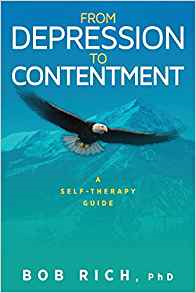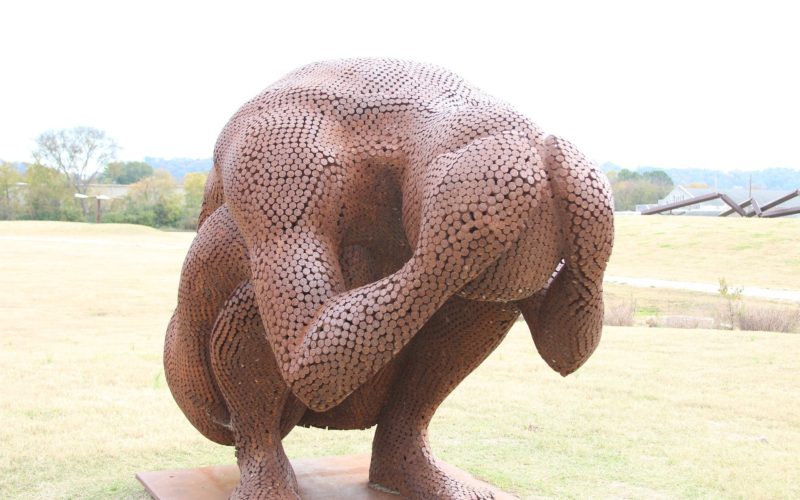Robert Reich was fourteen when he was forced by a cruel stepfather to leave the 1956 foment in Budapest. Stuck with an ambivalent uncle and his girlfriend, he accompanied them on their passage to the unknown. It turned out to be Australia.
There followed citizenship, a name change and a Ph.D. in psychology. The now Dr Bob Rich pursued an accomplished career as a psychotherapist and after five retirements is a self-proclaimed professional grandfather. And he sure has plenty of wisdom and experience to share, which he does generously. I encourage you to visit and graze on his website where you will be thrilled with believe-it-or-not true stories, adventures in writing (18 books and counting), and sage advice.
And some of that advice is how to cope with climate anxiety; some call it environmental despair. It has been reported by ReachOut that four in five Australian students aged 14 to 23 feel somewhat or very anxious about climate change. Add to that the number of adults experiencing the same feeling, and we have a significant mental health problem besides the problem afflicting our biosphere.
Here is Bob’s advice in his own words: “if you experience environmental despair, let me invite you: do your best, work in every way you can think of for a survivable future, and one worth surviving in, but don’t worry about outcome. We do the best we can do, and it is good enough.”
Now this may sound glib, but think about it for a moment. Are you genuinely doing everything within your ability? You can obviously change some of your personal day-to-day habits but it’s who you can influence that leverages your impact. Complaining to your friends about politicians isn’t action. You can write to your local politicians. Meet and talk to them. Write a blog. Join a movement. You can vote. You run for office – imagine that. Imagine what could be achieved if everyone who was concerned worked to their full abilities and maximized their influence to solve the climate change problem.
But Bob makes an even more important point: You can only do the best that you can do. Doing so can give your life meaning and purpose, making it worthwhile no matter what happens. This is an element of the Buddhist skill of coping with anything, as further elucidated in Bob’s deeper writings on coping with climate anxiety.
Bob’s experiences as a psychotherapist led him to write an important book: From Depression to Contentment: A Self-Therapy Guide. Written in a very readable style, Bob teaches you the specific tools for coping with ‘environmental despair’.
The beauty of this book is that you don’t have to suffer from depression to benefit from it. There are many useful insights and suggestions for a more contented life. It also gives you an understanding of the world faced by those suffering from severe depression. The book is filled with case studies including frank descriptions of the author’s own difficult life experiences. Read it and you’ll be all the better for it.

It is hard to do justice to Bob Rich in these measly few paragraphs. If you want to know more, then explore his website or read his thinly disguised autobiography in Ascending Spiral.
I’ll finish by quoting one of Bob’s philosophies: “Live simply so that you can simply live.” The world would certainly be a better place with more Bob Rich’s.
The writer is a co-author of Court of the Grandchildren, a novel set in 2050s America.
IMAGE CREDIT: hannahlmyers from Pixabay

2 Replies to “How to cope with climate anxiety”
Comments are closed.